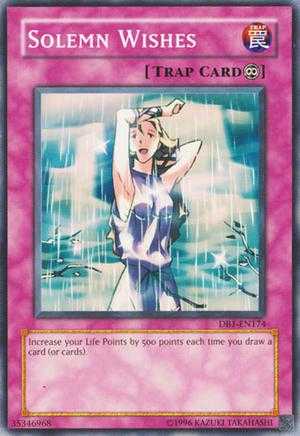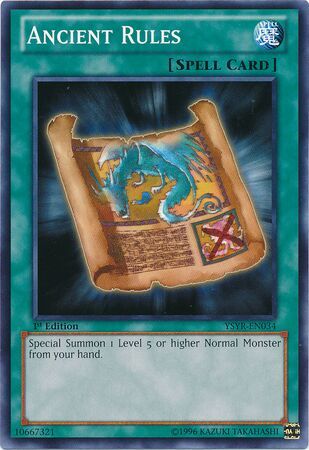



The securing clips are a lot less harsh on the cards than the American release.

Card sleeves - The slots of the Disc can accept sleeved cards (provided the sleeves are sized for Yu-Gi-Oh! cards, and are not larger than gaming cards).The spring-loaded platform raises the Deck as each card is drawn. Deck space - The Deck slot has a spring-loaded catch, allowing a deck exceeding 100 cards to be inserted safely and securely into the Disc.Although it cannot exceed 9999, this makes Life Point changes much easier to accomplish. Life Point calculation - The Life Point readout can be adjusted between 00 since the numeral dials can be moved manually, unlike the American release.There also exists a difficult-to-find Asian release of the Duel Disk, referred to as the " Fight Disc for Card Games." While lacking the LED powered Life Point display and spring-loaded wings, the Fight Disc has some features that the first two American versions lacked: The maximum number of cards that it can hold is 16. Graveyard space - As with the Deck slot, the Graveyard slot is designed for a small amount of cards.The latest versions of the Duel Disk have resolved this issue (though they seem to be less effective with un sleeved cards). The Duel Disk card slots in the past were not wide enough to accommodate sleeved cards. Card sleeves - The majority of expert duelists use card sleeves to protect their cards from damage.However, the Academy Duel Disk has larger space for card sleeves, so if the player chooses not to use card sleeves, they can fit more than 40 cards in the Deck space. Larger decks cannot be fitted properly into the space. Dueling Deck - Most "professional" decks consist of the minimum 40 cards, and Duel Disks are built with that in mind.This is restrictive, as this amount can be surpassed in the card game. Life Point calculation - The Life Point counter cannot exceed 9990 Life points (the button for the ones place is actually a button to activate the counter's back light).


 0 kommentar(er)
0 kommentar(er)
